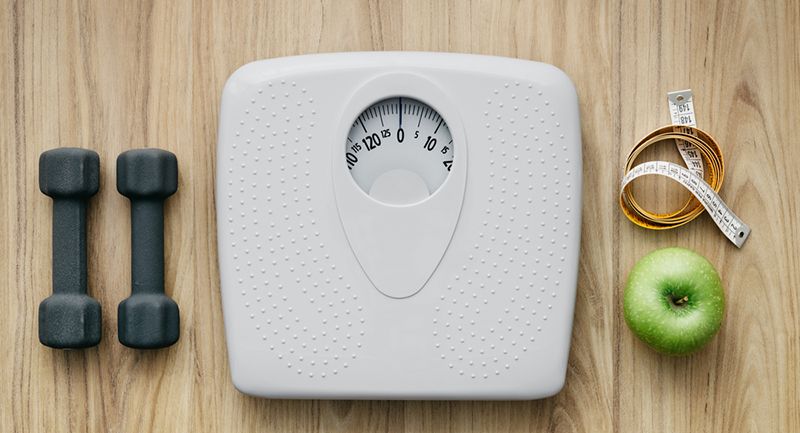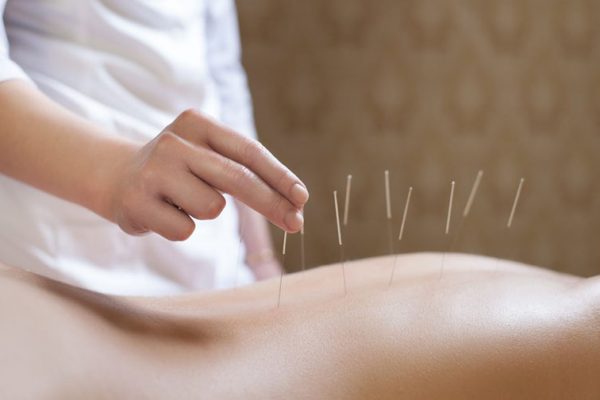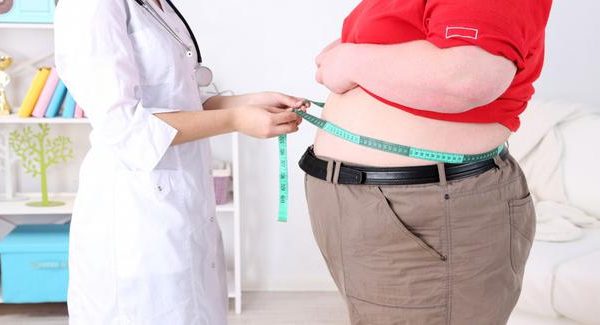After sleeve gastrectomy, which is one of the most commonly performed operations within the scope of bariatric surgery, a brand new period begins in your life. What you need to pay attention to after the operation, especially in the early period, will not only be limited to a new eating habit, but you will also need to adopt different new habits. These new habits will increase your standard of living in a short time and make it easier for you to lose weight.
It should not be forgotten that; sleeve gastrectomy is an operation in which the stomach volume is reduced, thus limiting food consumption. Although it allows you to lose an intense amount of weight, especially for 1 year after surgery; it will be your effort, not the surgery, that will keep you at the weight you should be afterwards.
Things to Consider After Gastric Sleeve Gastrectomy

If the calories of food taken daily are more than the calories spent, our body converts these excess calories into fat and stores them. This situation, which becomes a problem in the long term, lays the foundation for obesity, the biggest problem of our age. Inactivity, excessive consumption of ready-to-eat foods and genetic predisposition combine with unspent calorie consumption to cause obesity, and obesity causes many risky diseases, especially cardiovascular diseases. After Sleeve Gastrectomy, which is one of the methods of obesity surgery, it is especially necessary to change eating habits.
Nutrition After Gastric Sleeve Gastrectomy
Dividing the post-operative period into periods is of great importance for the nutrition plan. The process covering the first 6 months consists of 5 periods.
- Hospital period (1-4): It covers the first 4 days after the surgery. Patients spend the first 4 days after gastric sleeve operations in the hospital. During this period, fluid and food needs are met by intravenous fluids.
- Clear liquid period (1st month): During the first month, the patient should continue to meet his/her food needs as liquid. Depending on the patient’s body mass index, the amount of clear fluid that should be consumed daily varies between 2.5-3.5 liters. The recommended daily fluid distribution is 1.5 liters of water+1 liter of milk/1 liter of buttermilk+half liter of filtered meat or chicken broth. A total of 5 meals should be consumed. The amount consumed at each meal should not exceed 150 ml.
- Puree period (1-3th month): In addition to liquid foods, pureed foods can also be consumed. In this period, mashed potatoes should be avoided due to their high carbohydrate content. Brussels sprouts, broccoli, carrots, spinach, celery and artichoke purees can be preferred. To increase the amount of protein, minced meat and chicken (provided that it is pureed) can be added to the vegetable purees consumed. Again, a total of 5 meals should be consumed. Purees should only be consumed at main meals and should not be consumed at the same time as liquid consumption. There should be at least half an hour between liquid and puree consumption.
- Transition period to normal food (3rd-6th month): In this period, all kinds of flour-free soups, boiled red or white meat, grilled fish can be consumed. However, they should be chewed thoroughly. dried fruit and 1 scoop of light ice cream can be consumed once a week. there should be at least half an hour between food and liquid consumption.
- Normal food period (6 months and after): Consumption should not exceed 4 meals, 3 main meals and 1 protein-rich meal. In general, foods low in calories and high in protein should be consumed. If vomiting occurs when solid foods are introduced, fluids should be consumed for the next 12-24 hours. Soda, mineral water and carbonated drinks should not be consumed, and doctor’s approval should be obtained for alcohol consumption.

Physical Activities to Consider in the Early Period
- After discharge from hospital, you should be as active as possible at home. You can start taking short walks outside 5 days after discharge.
- After discharge from the hospital, you can take a warm shower (unless your doctor advises otherwise).
- You should continue to wear the compression embolism stockings you were given in the hospital until you are fully mobile (about 1 week).
- You should not have sexual intercourse for 2 weeks after the operation.
- You should not drive a car for one month after the operation.
- Alcohol should not be consumed for 2 months after the operation, and afterwards; doctor’s approval should be obtained.
- Heavy and strenuous physical activities should be avoided for 2 months after the operation.
- It is necessary to use oral or liquid multi-vitamin supplements. You can consult your doctor for detailed information about vitamin supplements.
- After the operation, blood tests should be performed at 3 months and 12 months after the operation to check vitamin and mineral levels. Being under the control of a doctor after the operation is very important for you to manage the process as it should be and for your follow-up. For this reason, do not neglect your doctor controls after gastric sleeve surgery.
- Until your abdominal stitches heal, you should not enter the solarium and the area should be protected from direct contact with the sun.
Hair Loss After Gastric Sleeve Gastrectomy
Half of the patients who undergo bariatric surgery experience hair loss after the operation. Stress, inadequate food intake, vitamin-mineral deficiencies, insufficient water consumption, reduction in calorie intake, sudden change in metabolic balance can trigger hair loss. Hair loss after the operation usually occurs between 3-6 months. After the operation, when the patient adapts to the new life order and weight loss becomes regular, it improves in approximately 12-18 months.
Sagging Skin After Gastric Sleeve Surgery
Since bariatric surgeries cause a large amount of weight loss in a short time, it is normal to experience sagging in some parts of the body. The extent of the sagging problem varies depending on the patient’s age, skin type, postoperative exercises, postoperative eating habits, how much weight was lost and how long it took. After sleeve gastrectomy, sagging may occur in the breasts, jowl area, abdomen, arms, buttocks and inner leg areas.
After 24 months after sleeve gastrectomy operations (when the weight gain and loss process is completely over), if you are sure that you have reached your stable weight, recovery aesthetic operations can be performed.



